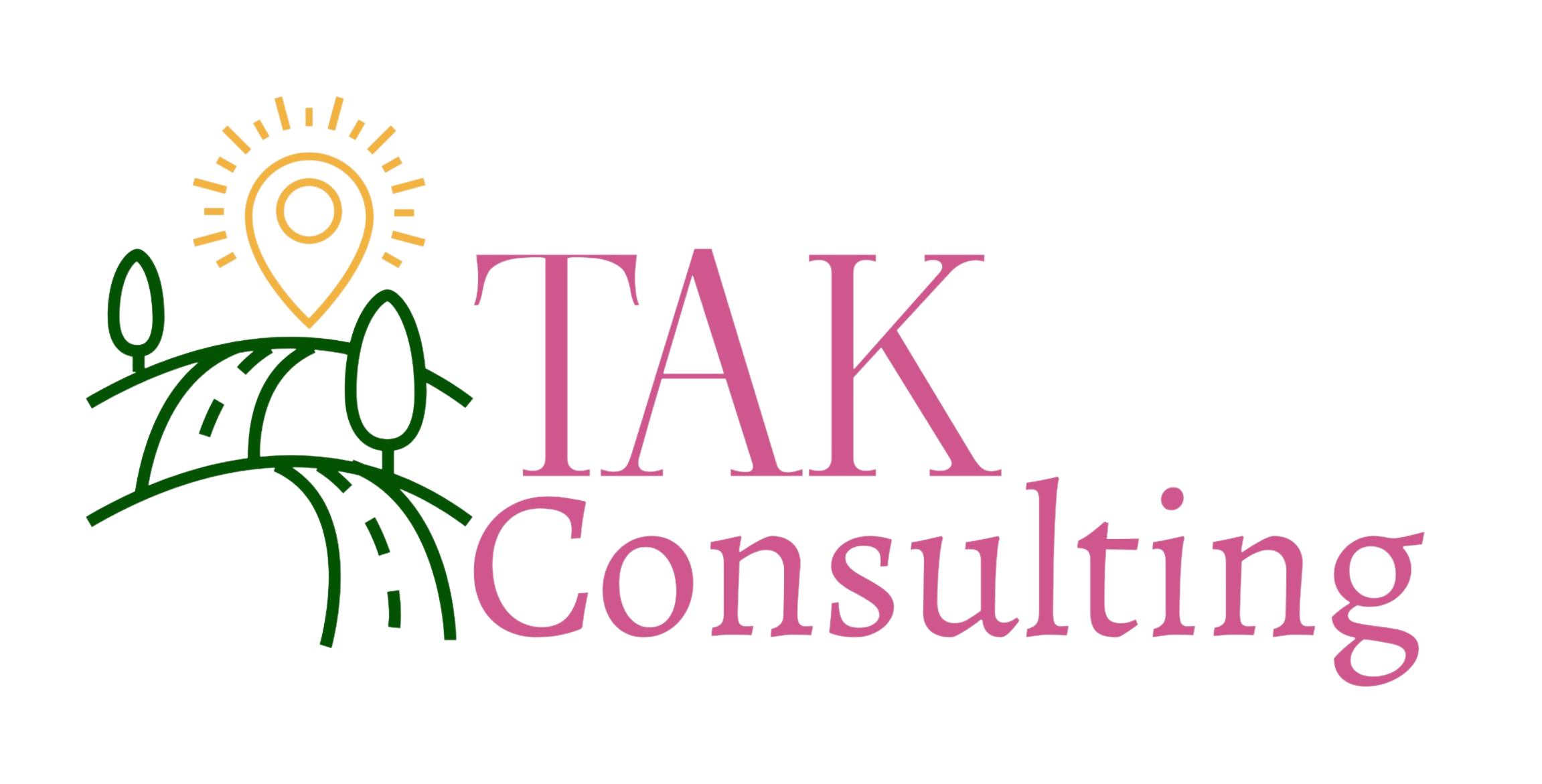In last month’s blog, we covered the benefits of having an accountant and what the difference is between CPAs, accountants, and bookkeepers. Now the question is “Where do I even start when looking for the right accountant?” Everything in the accounting realm can be confusing at first or it may simply take up too much of your time. Gaining an understanding of basic terms in accounting may help you feel more secure in your business and even help you find the right accountant.
Finding the right Accountant
If you’re considering an accountant, you may have no idea where to start. A good place to start is overall communication and guidance. Having an accountant should be a vital part of your team and they should be willing to work with you and help you really understand the money side of your business. This means detailing the explanations for any questions you may have and teaching you aspects of money handling so you are able to do some things on your own later on (if needed/desired.) Having good communication goes in hand with availability. Having someone you can never get ahold of can make it frustrating for you in the long run. Remember that relationships are a two way street and everyone should have a good relationship that works for both parties.
Although there are many questions to consider asking an accountant before you hire them; we are only going to review a few that will aid in finding the right accountant for you. Are they willing to teach you about finances and do they offer additional consulting if needed? Do they offer standard packages or can they customize services based on your needs? Are they able to help with 1099s and any further subcontractor needs? Do they have any specialities? When looking at bigger firms it may also be worthwhile to ask if they outsource any of their work or if they perform it personally and if they don’t perform it personally, will the person you deal with change? Will you get a regular person to discuss your finances with?
After hiring an accountant, you’ll want to really dig deep and work towards the best financial plan you can for your business. Here are some things to think about when deciding what you need. For one, contemplate what taxes you’ll need done and what records you need to keep for filing and in case of audits. Whether you do or don’t know what taxes need to be done for your business, an accountant can help you figure it out or even file for you (in most cases.) Next, you’ll want to work with them to better manage your cash flow and know your breakeven point. A break-even point is when sales and expenses are equal. It’s essential to know your break-even point because it can help you figure out a pricing strategy and make your budget more accurate. Working with an accountant should improve your business by figuring out what changes your business needs.
Understanding common terms in Accounting
When you’re new to the accounting world, there are many terms that you may be lost on. Although your accountant should be willing and able to review any terminology you don’t understand, learning some of the basic accountant lingo for yourself can be beneficial to helping you grasp more of the financials of your business. Let’s begin with assets and liabilities. Assets and liabilities show how much your business is worth. Assets are property (either tangible or intangible) that adds value to your business. Assets could include things like inventory, (paid off) vehicles, and even your brand value. Liabilities are any long-term or short-term monies your business owes. Examples of liabilities include credit card payments, bank fees, and loans. Additionally, accounts receivable is an asset while your accounts payable is a liability. Accounts receivable (AR) is the money you owe to any person/vendor while accounts payable (AP) is the exact opposite (so money owed to you by people/vendors).
Another thing you’re going to see or hear about a lot is P/L reports and the balance sheet. P/L stands for Profit and Loss. A P/L report is a report showing all the expenses and income you had in a certain period of time. The balance sheet shows the business as it currently stands including all assets, liabilities, and equity. Equity is money remaining after all liabilities are gone and all assets sold. It basically shows the owner(s)/investor(s) stake in the company. Just like there are different types of assets and liabilities, there are also different types of equity in a business. You can run both P/L reports and balance sheet reports by month, week, yearly, or any other custom setting to find a time you’re looking for.
Accountants and all their terms
Knowing what you’re looking for in an accountant can elevate your business even higher. Don’t forget to check out last month’s blog for all the reasons why having an accountant is valuable in your business! Additionally, having a basic understanding of frequently used accounting terms helps you better understand the money going through your business and further your involvement in your finances with your accountant.






